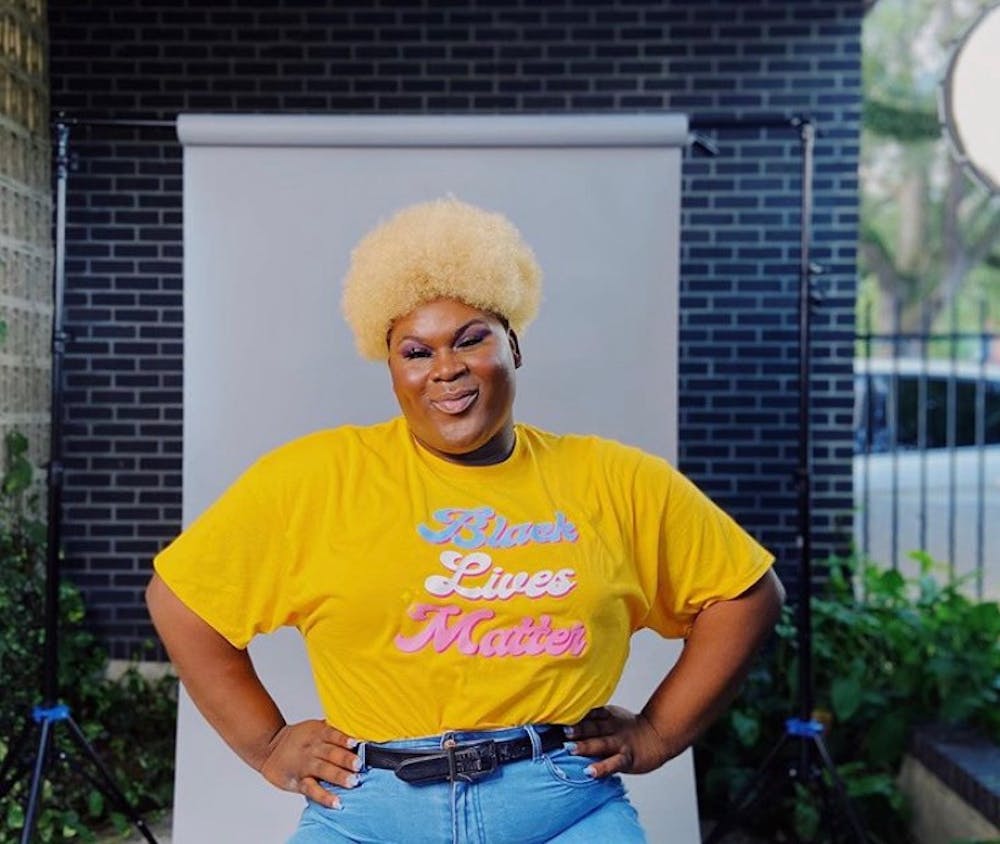When 2020 UNC alumnus Gage Tarlton and actress, director and activist Sis met last summer while they were both working at the Kennedy Center, they didn't anticipate that their upcoming project would be a virtual play that was written in only 10 days.
“Our Offering," which was created by Sis and written by Antonio Lasanta as well as Tarlton, is the outcome of those 10 days of writing, and premiers virtually at 8 p.m. EST on Sunday, Aug. 23.
"'Our Offering' explores the truths of existence, identity, ancestry and community, as Thee Guide, played by creator and director Sis, travels through time and space to introduce you to the townsfolk of Rivera Falls, the center of the world where the trees breathe and the people are kind," according to a press release from Broadway.com.
After a $10 donation to The Next Generation Project, viewers will be emailed a link to the play, as well as other exclusive behind the scenes content.
Tarlton, who graduated with a degree in dramatic art, said when Sis approached him in July with the idea to write a play in two weeks, he wasn’t sure if he could manage it, but he said yes anyway.
Sis said she was inspired to start The Next Generation Project based on her own experience as a Black transgender woman.
“We provide emotional and financial resources to Black and brown trans folks, and we are currently holding a scholarship that the winners for will be announced on Aug. 25, which is my birthday, and we have a lot of other exciting stuff coming up," Sis said.
The idea of amplifying the voices of transgender people of color is also the same vision that led Sis to reach out to her friends in the theater community, including Lasanta and Tarlton, to create “Our Offering." Sis said her original idea was to recreate the play “Our Town” with Black, brown and transgender actors, but when that didn't work out, she decided to create her own play, with the goal of continuing the movement started by the Black Lives Matter protests.
“We wanted the story to be about community and everything that 'Our Town' is, and also everything that 'Our Town' is not, and center the story on Black bodies and queer bodies and trans bodies and brown bodies in this moment,” Sis said.



